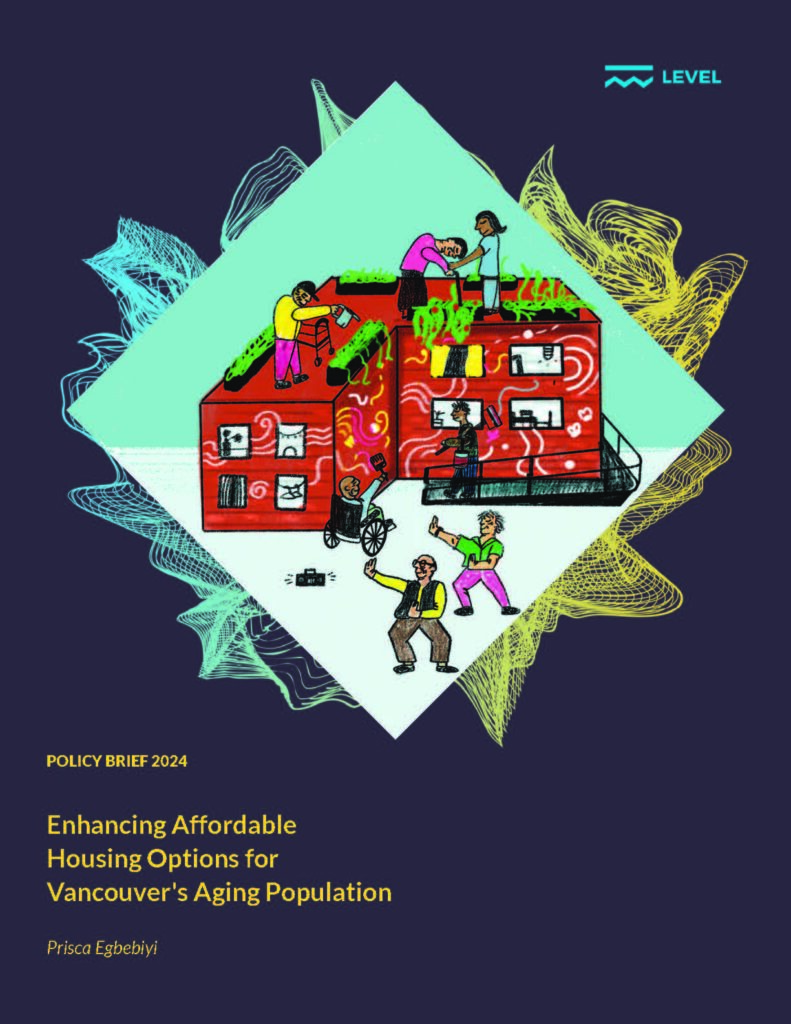Vancouver is facing a critical housing affordability crisis, acutely affecting the city’s growing senior population. The rising cost of living, coupled with stagnant or insufficient retirement incomes, has made it increasingly difficult for many seniors to secure safe, adequate, and affordable housing. This situation is exacerbated by the city’s overreliance on Single Room Occupancy (SRO) units, particularly in the Downtown Eastside. These units, often plagued by poor living conditions, safety concerns, and a lack of essential support services, are disproportionately occupied by individuals facing homelessness, living with mental-health issues, struggling with substance use, or they are seniors who have few other affordable options.
Research has shown that a significant portion of Vancouver’s seniors live on low incomes, with many relying on Old Age Security (OAS) and the Guaranteed Income Supplement (GIS) as their primary sources of income. These benefits, while crucial, often fall short of covering the high costs of housing in the city. According to a 2023 report by the BC Non-Profit Housing Association (BCMPHA), the average rent for a bachelor apartment in Vancouver exceeds the maximum amount a senior on OAS and GIS would receive, leaving many seniors in a precarious financial situation.
The reliance on SROs as a housing solution for low-income individuals, specifically seniors, is not only inadequate but also detrimental to their well-being. A 2020 study by the Carnegie Community Action Project found that SROs in the Downtown Eastside are associated with high rates of poverty, social isolation, and health problems. Additionally, these units often lack accessibility features, making it difficult for seniors with mobility issues to live independently.
This policy proposal advocates for a paradigm shift in how Vancouver addresses the housing needs of its aging population. It recommends moving away from the reliance on SROs and investing in the development of affordable, accessible, and supportive housing options specifically designed for seniors. This includes increasing the supply of subsidized housing units, exploring innovative housing models such as “co-housing,” enhancing rent supplements and subsidies, and collaborating with community organizations to provide essential support services. By implementing these recommendations, Vancouver can create a more-inclusive and equitable housing landscape for its seniors, ensuring that they can age with dignity, security, and access to the resources they need.
Watch Prisca’s policy presentation:


